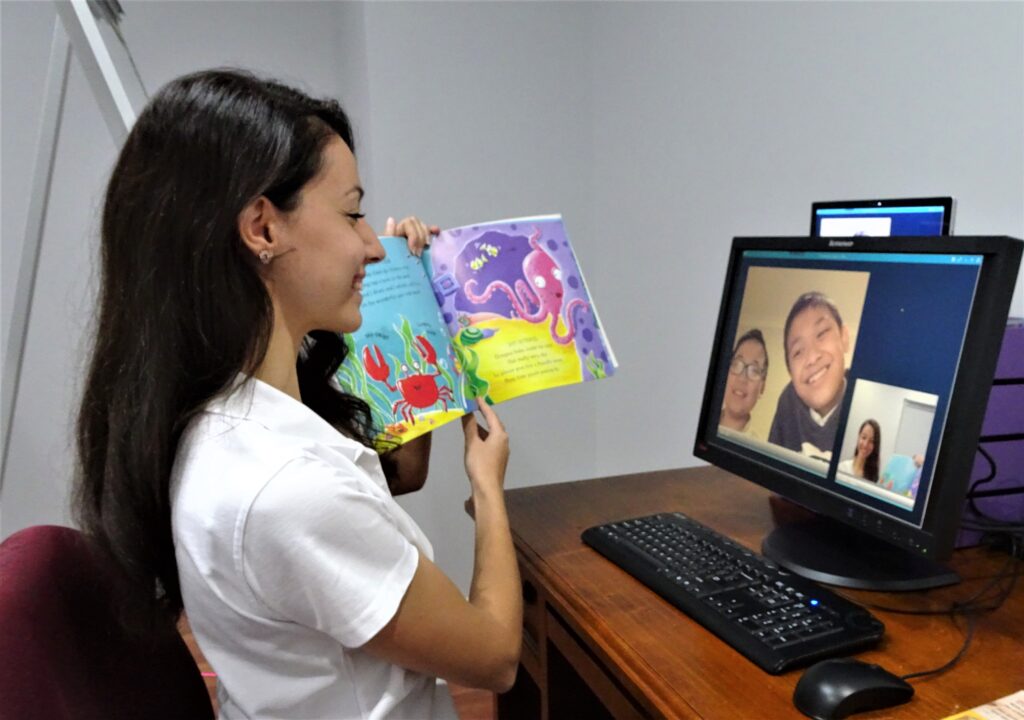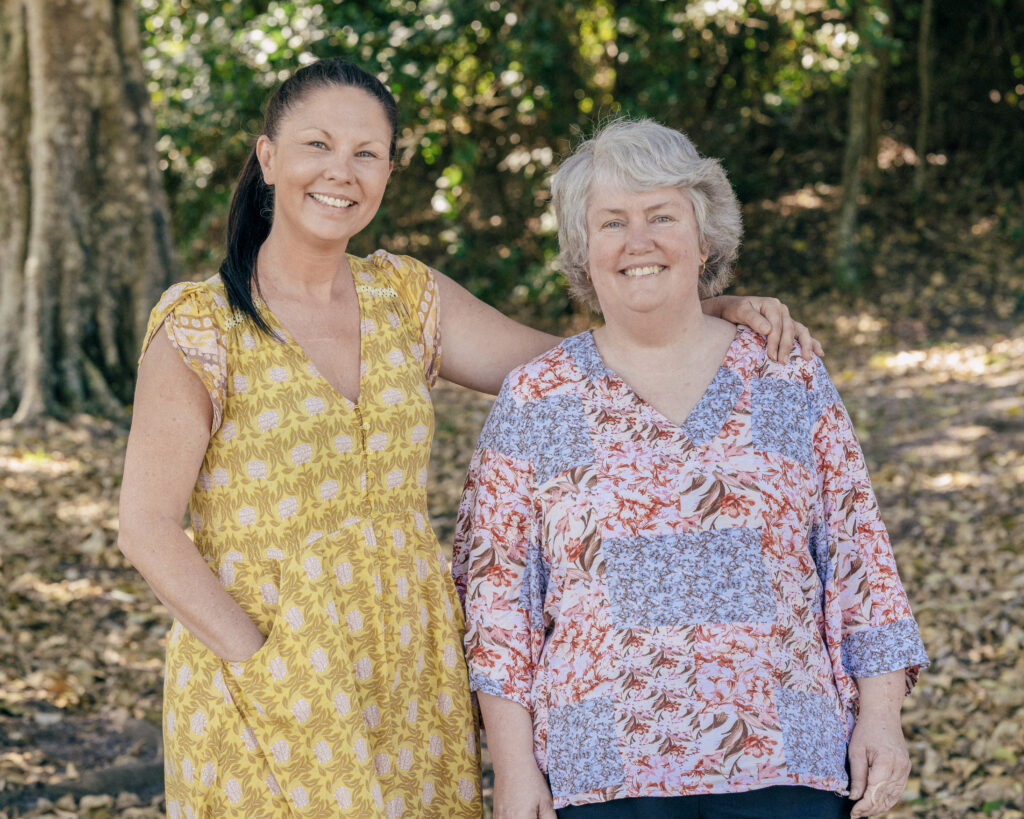Oct 24, 2024
Why equipment assessments are important for your Occupational Therapy

After an assessment, your occupational therapist will recommend assistive devices tailored to your needs, help you find the right devices and support you to learn to use them.
Who can benefit?
People of all ages facing challenges in daily living activities due to health conditions, injuries or disability can benefit, including:
- Children with developmental delays or physical disability who may need adaptive equipment for growth and development
- Individuals recovering from injury or surgery who may require aids for mobility or self-care
- Older adults or individuals with chronic conditions who need assistance to remain independent at home
- People with neurological conditions like cerebral palsy, motor neuron disease, muscular dystrophy, stroke, or multiple sclerosis, where specialised equipment can greatly enhance their functionality and participation in daily activities
How can an assessment help?
Using the right equipment can improve your ability to perform daily living tasks independently, such as walking, transferring from bed to chair or even dressing and bathing. With equipment, tailored to your individual needs, you may be able to regain lost independence or maintain skills that are becoming challenging.
A proper assessment, conducted by a trained occupational therapist, ensures personalised recommendations.
As a Northcott Occupational Therapist, I work closely with individuals to ensure that the equipment we recommend truly meets their needs and fits within their environment. This process isn’t just about providing a tool – it’s about finding the right solution that will support their independence and make everyday tasks easier. Watching someone regain their confidence and independence through these assessments is one of the most rewarding parts of my job.
Sam Kennedy, Northcott Occupational Therapist
Key benefits:
- Increased independence: Complete everyday tasks will less reliance on caregivers.
- Improved safety: Reduce the risk of falls and accidents, particularly during tasks like transferring, bathing or cooking.
- Enhanced comfort and pain relief: Alleviate discomfort and prevent physical complications with proper seating.
What’s involved?
These are the steps your Northcott Occupational Therapist will follow:
- Initial consultation: Your occupational therapist gathers detailed information such as your medical history, lifestyle, daily routines, and any specific difficulties.
- Functional assessment: Your occupational therapist observes how you perform tasks to identify where assistive equipment is needed.
- Home environment assessment: If necessary, your occupational therapist will assess your home to ensure the equipment can be safely used there. Modifications such as installing ramps or grab bars may be recommended.
- Equipment trials and recommendations: Your occupational therapist will recommend equipment options and support you to trial various aids.
- Final report and funding application: Your occupational therapist will provide a detailed report outlining recommendations to the NDIS for funding support.
- Training: Once you have your equipment, your occupational therapist will train you – and your caregiver – to use it properly and safely.
- Equipment reviews: Your occupational therapist will conduct ongoing reviews to make sure the equipment continues to be effective over time. They will recommend adjustments or modifications if necessary.
What equipment may you be able to access?
Commonly assessed equipment includes:
- Mobility aids such as wheelchairs, mobility scooters, or walkers, to support movement and balance
- Seating and postural supports to maintain comfort and prevent pressure injuries
- Transfer aids like hoists or slide sheets for safer transitions between surfaces
- Positioning supports bed positioning systems to ensure appropriate overnight positions
- Bathroom aids such as raised toilet seats, shower chairs, or grab rails for self-care activities
- Daily living aids that help with dressing, eating, or using household tools, such as adaptive utensils and button hooks
NDIS funding
The NDIS may fund equipment that promotes independence, aligning with individual goals for daily living, mobility, safety, and community participation.
Occupational Therapy


Accessibility and Inclusivity
We respect and honour Aboriginal and Torres Strait Islander Elders past, present and future. We acknowledge the stories, traditions and living cultures of Aboriginal and Torres Strait Islander peoples on this land and commit to building a brighter future together.
Read more about our commitment to reconciliation

